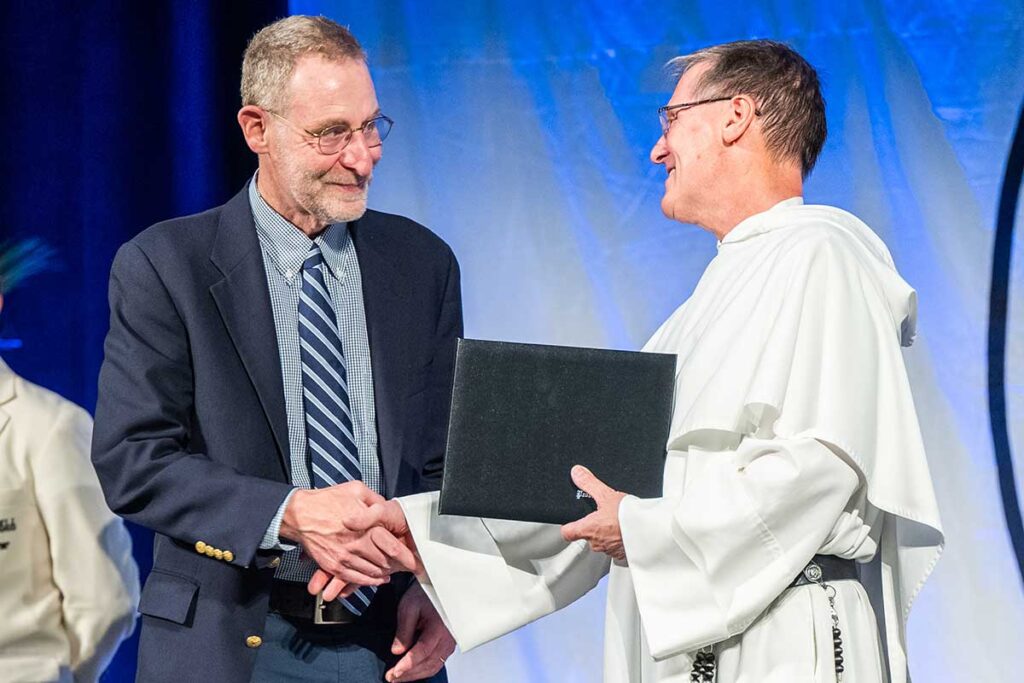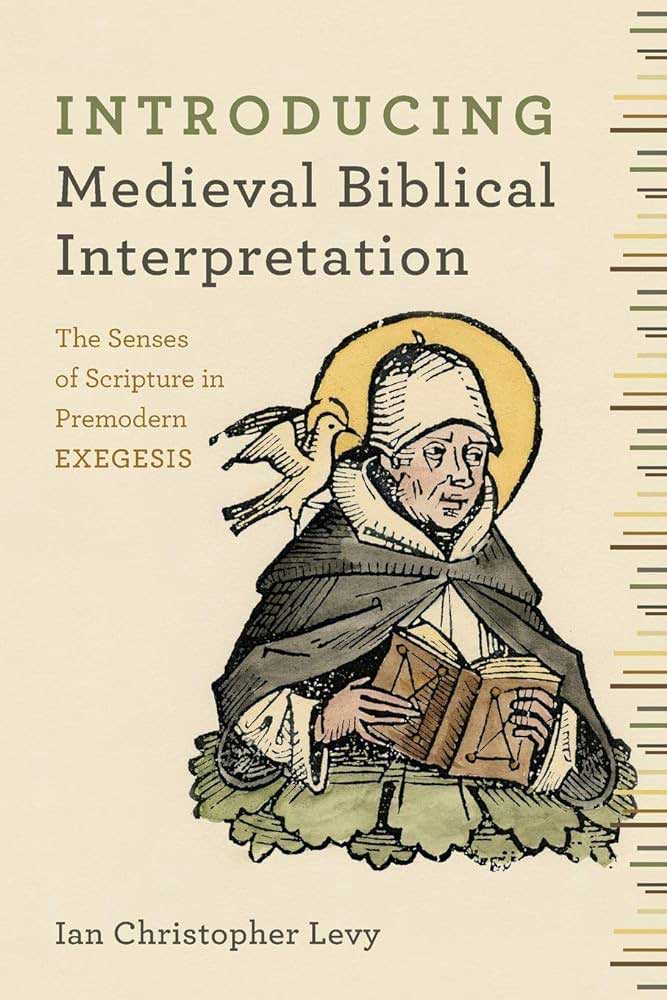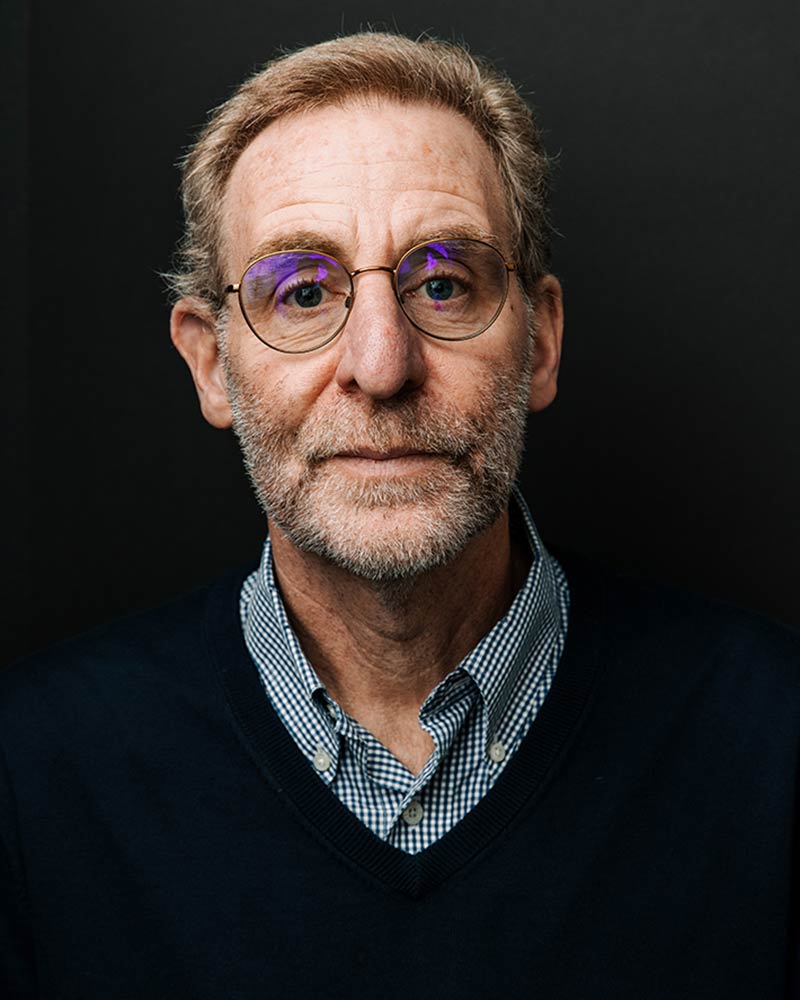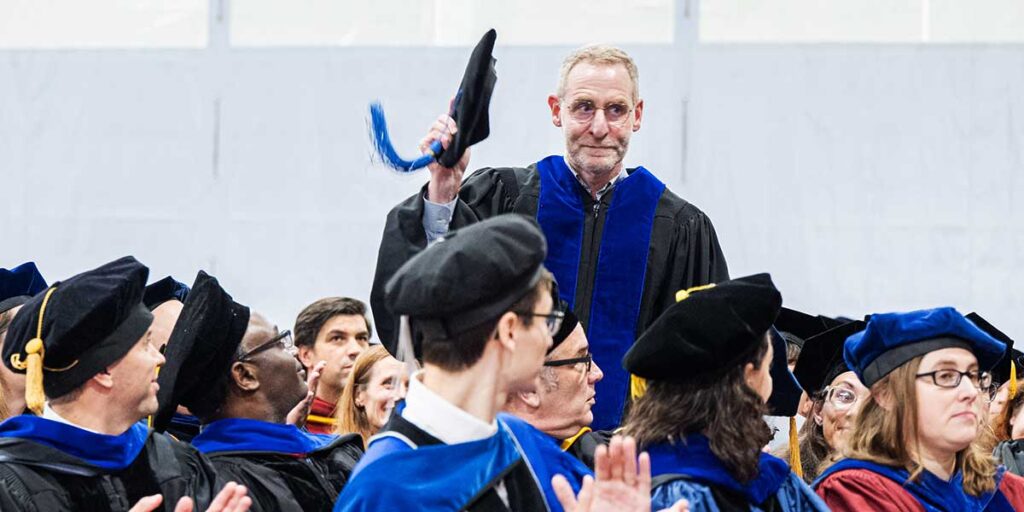April 12, 2024
Faculty Scholar Ian Levy, Ph.D., opens the world of Christian history to students

By Michael Hagan ’15, ’19G
As a historical theologian, Ian Christopher Levy, Ph.D., professor of theology, knows that Christian teaching is inseparable from the experiences of those who have received it and passed it on for nearly two millennia. Tradition is said to be the living faith of the dead. Levy’s teaching and scholarship look to the ways that the dead, in life, gave further shape and context to the tradition Christians inherit today.
This approach considers experiences of tradition that are complicated, multi-layered, and multi-linear. But teaching has never existed in a vacuum. The gospel is always proclaimed in a time and place and to a people.

For his scholarly work in historical theology, Levy received Providence College’s Outstanding Faculty Scholar Award in 2023. He is prolific even among publishing faculty peers. He has written, translated, or edited (often in combination) eight academic texts, including several collections of medieval commentaries on scripture and writings on the Eucharist. He has authored many peer-reviewed articles over more than two decades.
His most recent book, Introducing Medieval Biblical Interpretation: The Senses of Scripture in Premodern Biblical Exegesis, was published by Baker Academic Press in 2018. His forthcoming book, Freedom of Conscience and Christian Liberty in the Late Middle Ages, will be published by Fordham University Press in spring 2025.
“When I teach, I think students will be much more spiritually and theologically invested if they consider who these people were, the communities and places in which they lived, what else was going on when these events were taking place,” Levy said. “Open the world of the New Testament to them, and they will find deeper meaning in the scriptures.”
History helps students understand the radical contrast between early Christian teaching and the prevailing values and assumptions of the Roman Empire.
“To begin to understand Paul, you have to consider how bizarre the idea of a crucified redeemer would be. Paul’s insistence that the disciple be conformed to the crucified Christ challenged first-century audiences and should challenge us,” Levy said.

Levy grew up in New York and was raised Episcopalian. He studied religion at the University of New Mexico before pursuing a master’s degree in New Testament studies at Vanderbilt University. Through graduate-level study, he began to gravitate toward historical theology. He pursued a doctorate in theology at Marquette University where his mentor was Kenneth Hagen, Ph.D., “a great scholar and a pious Lutheran.”
Martin Luther is often considered an inaugurator of early-modern Christianity, but Levy and Hagen were most fascinated by Luther in the late-medieval context in which he was formed. An important contributor to that context was the English theologian John Wyclif. Levy’s doctoral studies coincided with a revival in Wyclif studies around the 600th anniversary of his death. “There was a lot of new work being done,” Levy said. Before long, his own work was part of it.
“While Luther’s theology of justification would have been foreign to him, Wyclif was concerned with questions that would be very important to the reformation. He was committed to Christ’s real presence in the Eucharist, but he worried that emphasis on metaphysical concerns in eucharistic theology obscured its deeper meaning,” Levy said.
Historical theology studies Wyclif’s thought, but it also observes the ways contemporary politics and events influenced its content and transmission. For instance, Richard II of England, king during Wyclif’s life and after his death, was married to Anne of Bohemia. Bohemian scholars were taken by Wyclif’s theology, metaphysics, and logic. By way of visiting students, Wyclif’s thought reached Prague, where it influenced the reformer Jan Hus, who was eventually denounced by the Council of Constance and executed for heresy.
“Centuries later in England, Foxe called Wyclif ‘the morning star of the reformation.’ This may be misplaced in respect to the English Reformation, but Wyclif tangibly influenced Hus, who played a very important role in the reformation in Bohemia,” Levy said.

Levy became Roman Catholic as an adult before arriving at Providence College in 2010. He teaches theology courses to undergraduates and graduate students and was promoted to full professor in 2016. Influenced by Hagen’s approach, he values integration of theological commitments with professional scholarship — a value he shares with colleagues in the Department of Theology. When he is not teaching or at study, Levy enjoys the natural beauty of New England with his wife Michelle, hiking everywhere from the Berkshires in Western Massachusetts to Cape Cod National Seashore.
“We’re very fortunate as theology faculty to be part of a department that is so dedicated to the mission of the college. We embrace our roles both in theological education and Christian formation,” Levy said.





